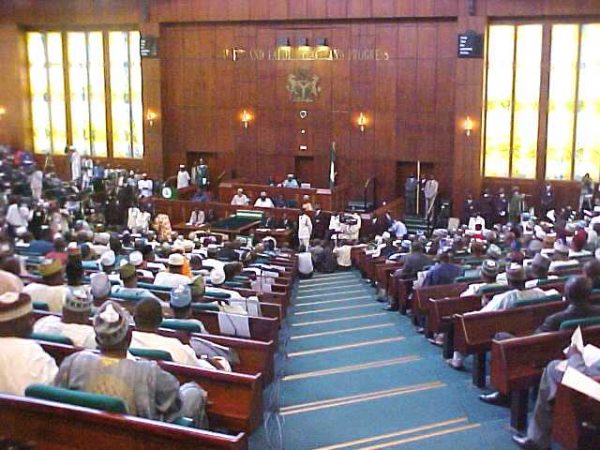The House of Representatives, on Wednesday, called on the Federal Government to declare a state of emergence in the country’s education sector to rescue it from collapse.
The lawmakers also resolved that an education summit, organised by the House in conjunction with other stakeholders, should be held January 2019.
The resolution was sequel to a motion by Hon. Ayodele Oladimeji at a plenary presided over by Speaker Yakubu Dogara in Abuja.
The News Agency of Nigeria reports that the National Economic Council had, on October 18, directed the 36 state governors to declare a state of emergency in the sector with a view to arresting the out-of-school children, among others.
Moving a motion titled: “The Need to Reform Nigeria’s Tertiary Educational System”, Oladimeji, who represents Irepodun/Ifelodun Constituency, noted that the strategic importance of education cannot be overemphasised.
According to him, it is the fulcrum of national growth and development.
He said: “Tertiary education is the platform for developing human capital for social, economic and technological transformation and advancement of any nation.”
The lawmaker stated that education should be a fundamental human right and a tool for attaining not only academic excellence but also social justice and progress.
He, however, expressed worry that Nigeria loses a minimum of N1 trillion to education tourism annually because about 75,000 Nigerians are currently studying in Ghana, Benin Republic and Egypt, among others.
Oladimeji said: “The House was also worried about the dwindling quality of education in Nigeria, thus making graduates unemployable, as no fewer than 1.8 million graduates in the country move into the labour market every year with the hope of getting jobs that are not available.
“The House is informed that numerous problems beset Nigeria’s educational system, leading to poor quality and exodus of our youths from pursuit of tertiary education.
“These include inadequate funding and infrastructure, epileptic power supply and examination malpractices.
“The House is aware that the Nigerian government allocates 7 per cent of the national budget to education which is far from the 26 per cent budgetary allocation recommended by the United Nations Education and Scientific Organisation for developing countries like Nigeria.”
Oladimeji stressed that Nigeria’s educational sector needed urgent reform, “failure of which it will continue to spiral down and Nigerians will continue to spend their hard earned foreign exchange in financing education tourism”.
Contributing, Deputy Speaker, Yusuf Lasun, noted that education is the bedrock of every development.
Hon. Emma Ekon said he did not believe that government alone should shoulder the burden.
Ekon, who said that all hands must be on deck to tackle the problem, said Nigeria’s education system should be designed in a way that institutions generate revenue by themselves.
When the Speaker, Dogara, put the motion on a voice vote, it was unanimously adopted by the lawmakers.
The House, therefore, resolved to set up an ad hoc committee to liaise with other stakeholders on critical issues confronting the sector with a view to finding a lasting solution.
Trending
- Halt campaign against NNPC’s progress, by Emmanuel Akanni
- Lagos Speaker Meranda debunks resignation rumour
- Police probe alleged kidnap attempt in Lagos
- SSCE, BECE: NECO accredits more schools in Equatorial Guinea
- NCDMB reacts to allegations of financial infractions
- Senate summons NSA, NIA, DSS, DIA over alleged funding of Boko-Haram by USAID
- Two confirmed dead, many injured in Zamfara market explosion
- Breaking: Ogun Police confirm taking custody of Portable


